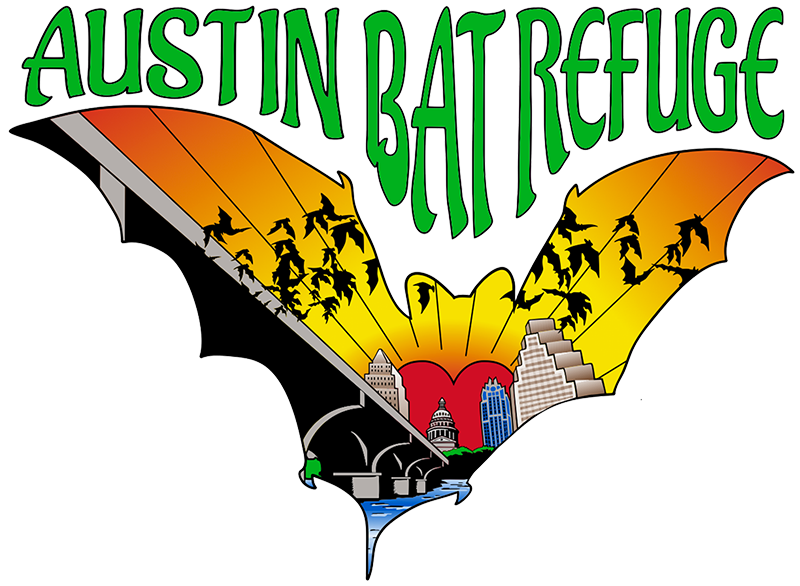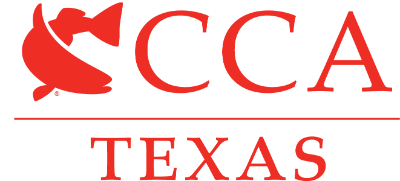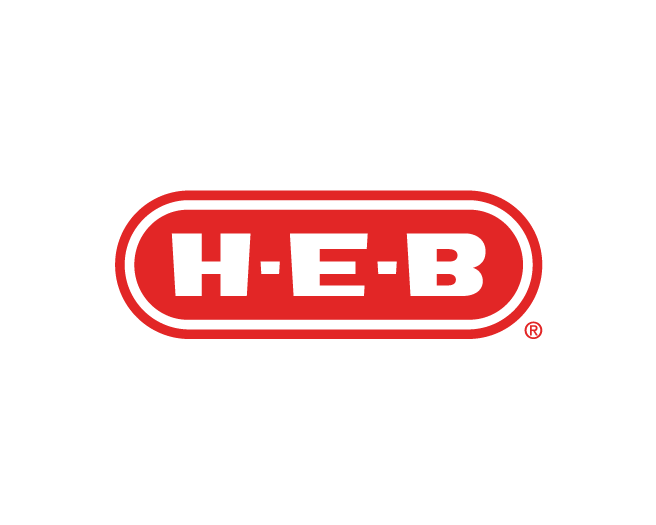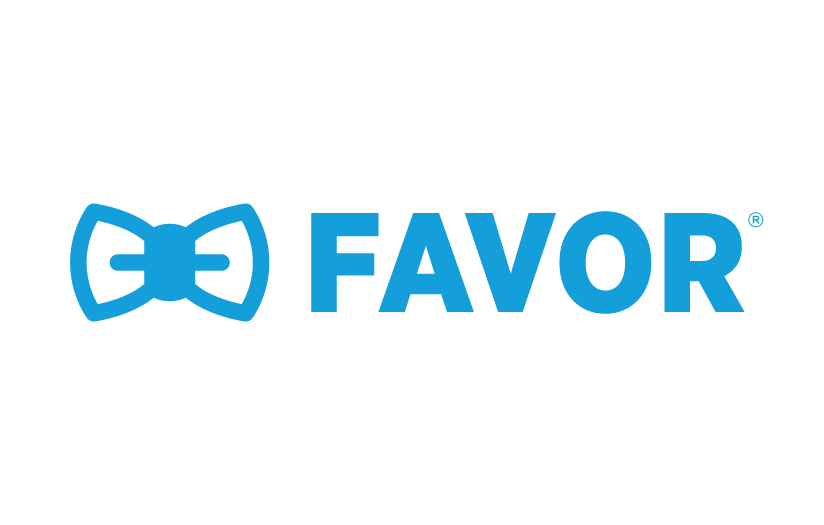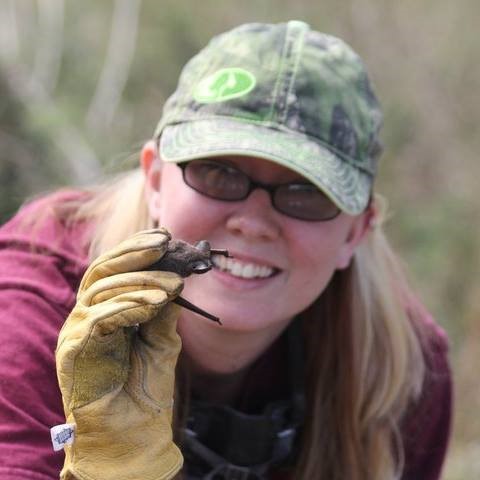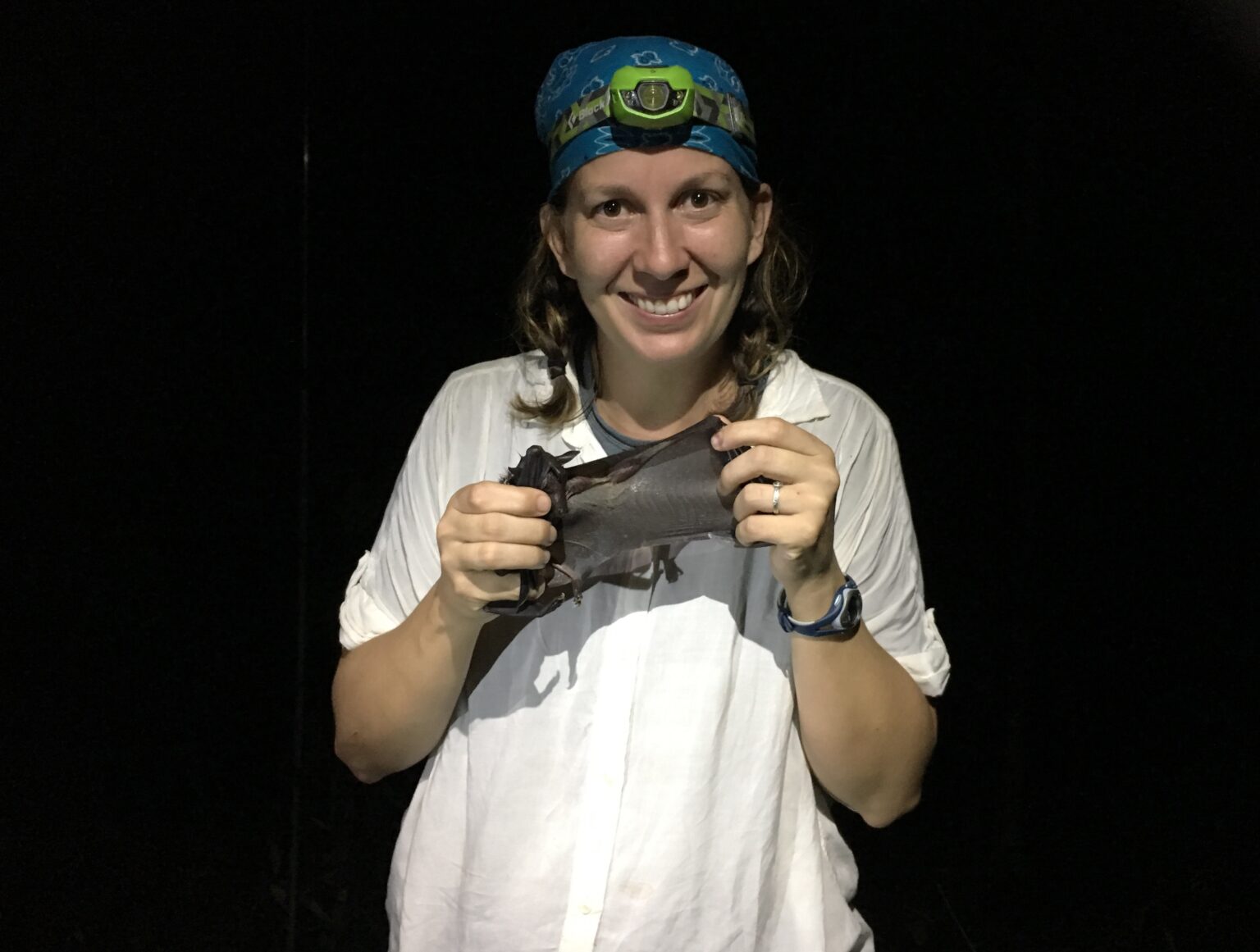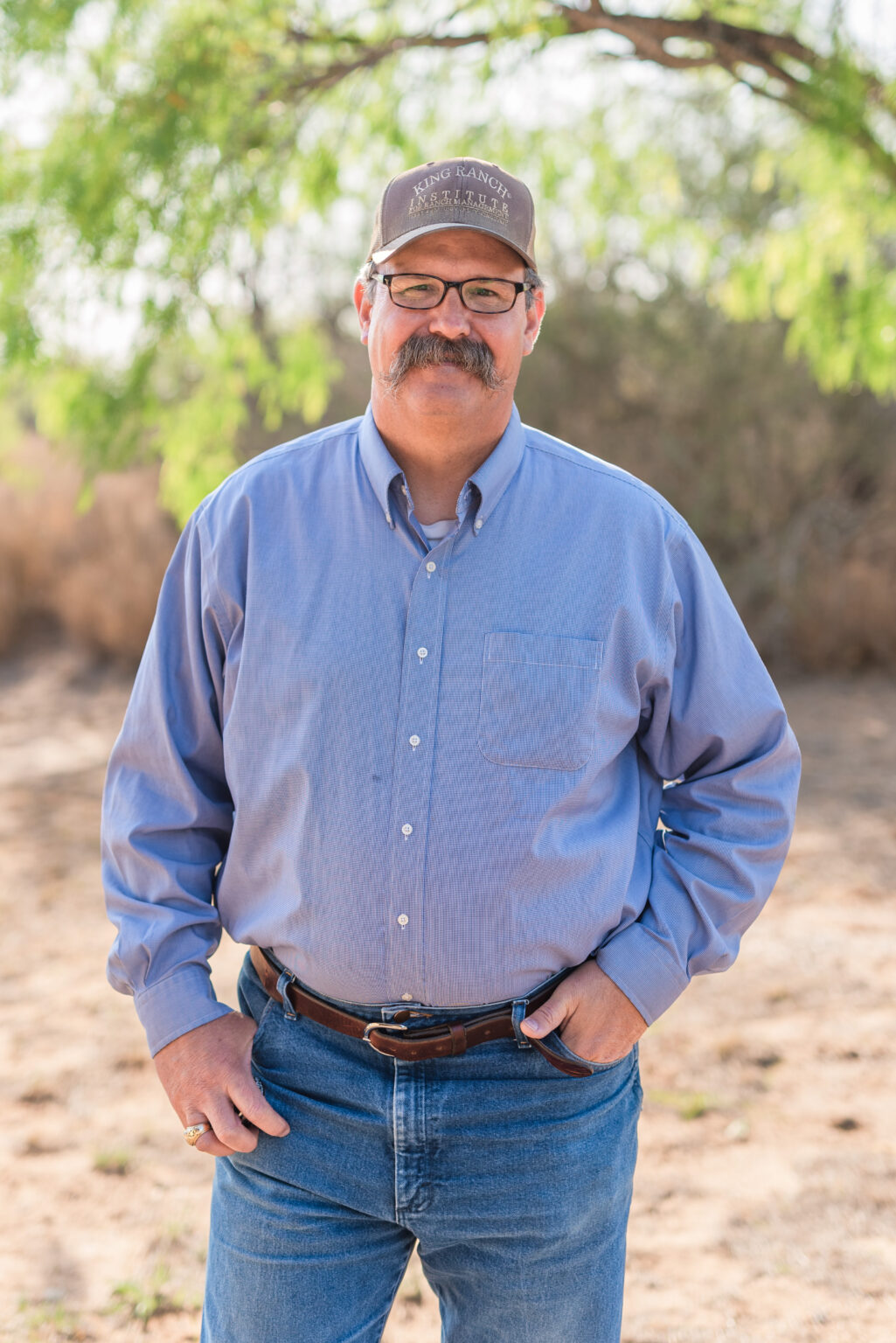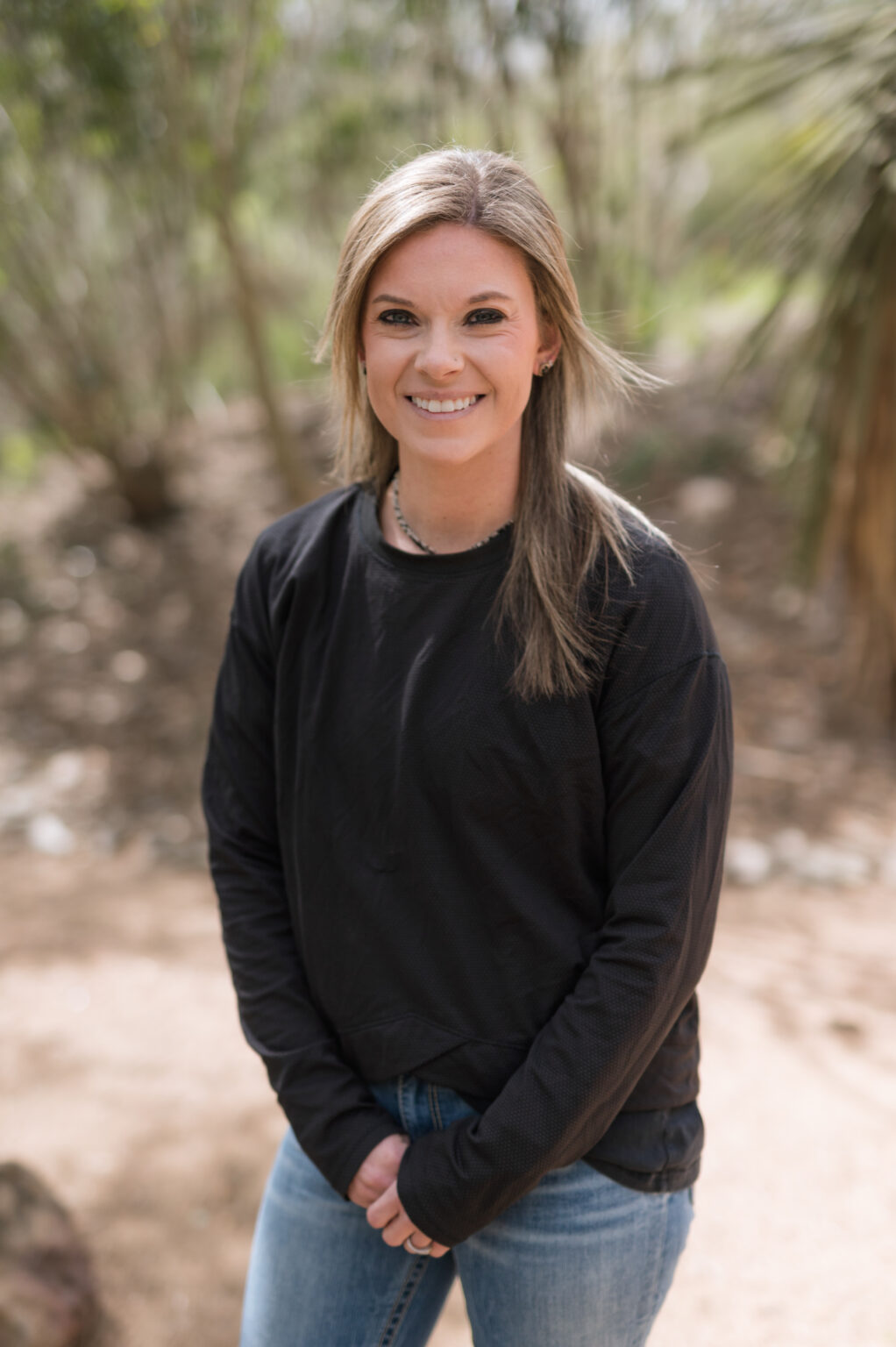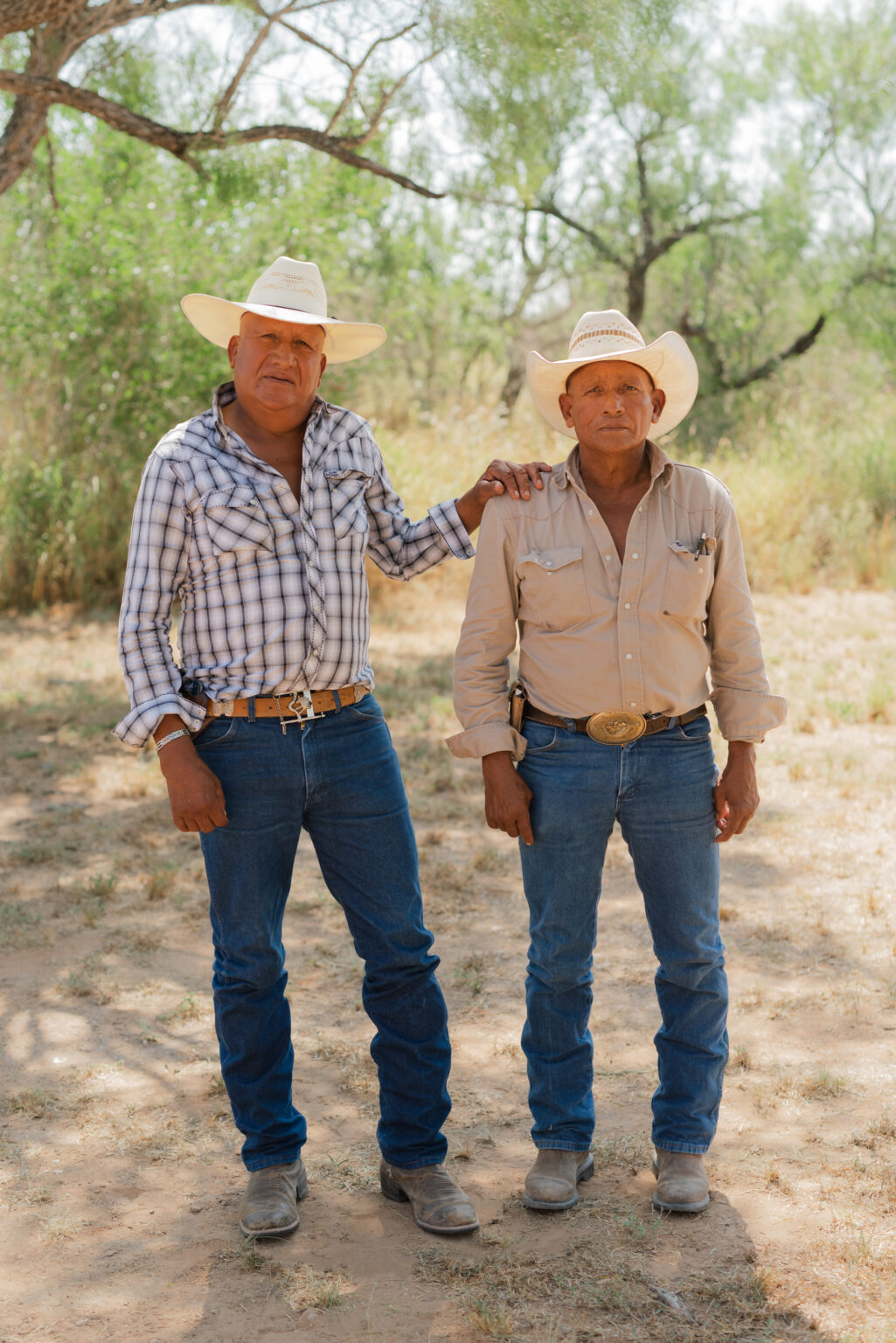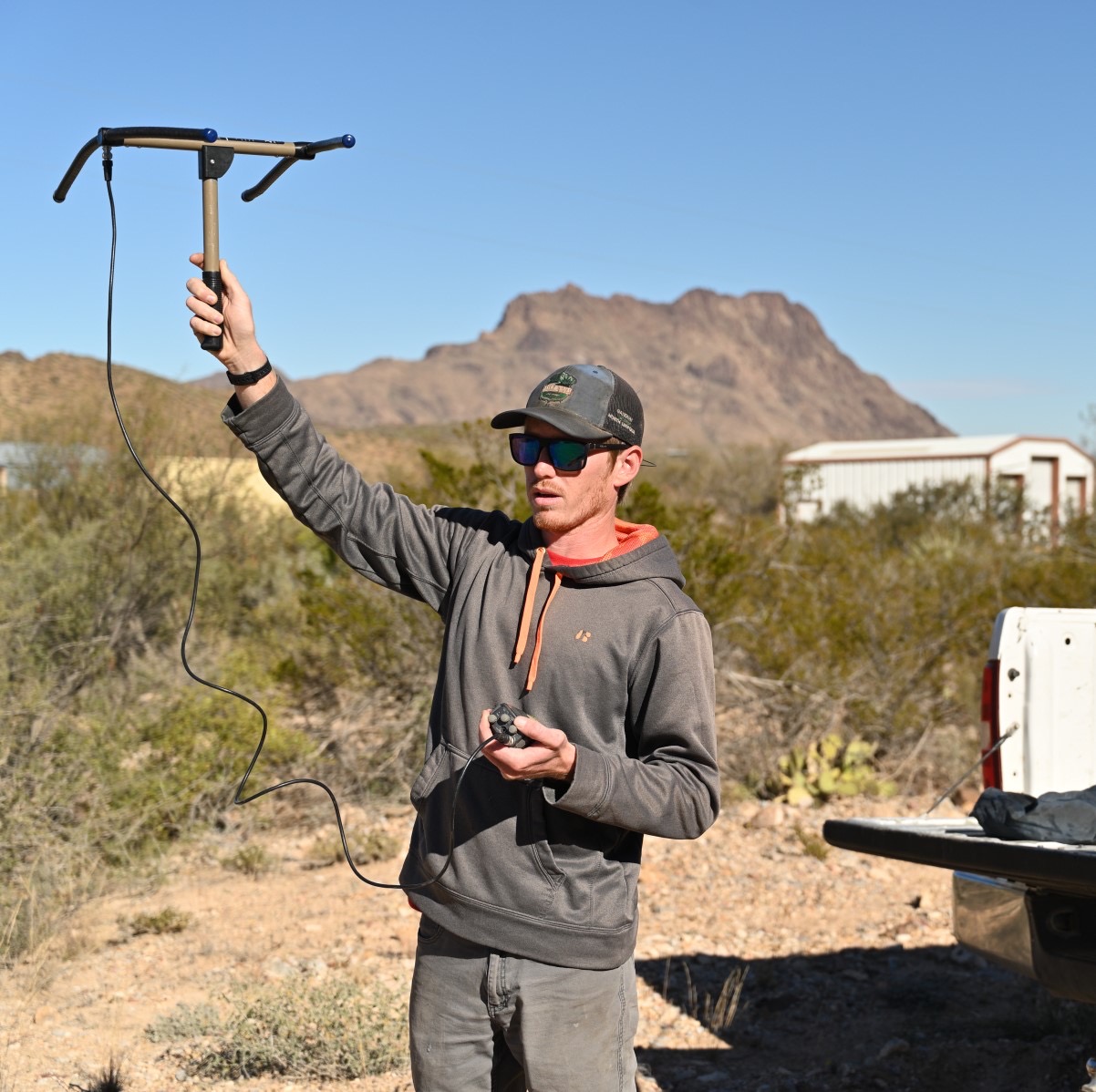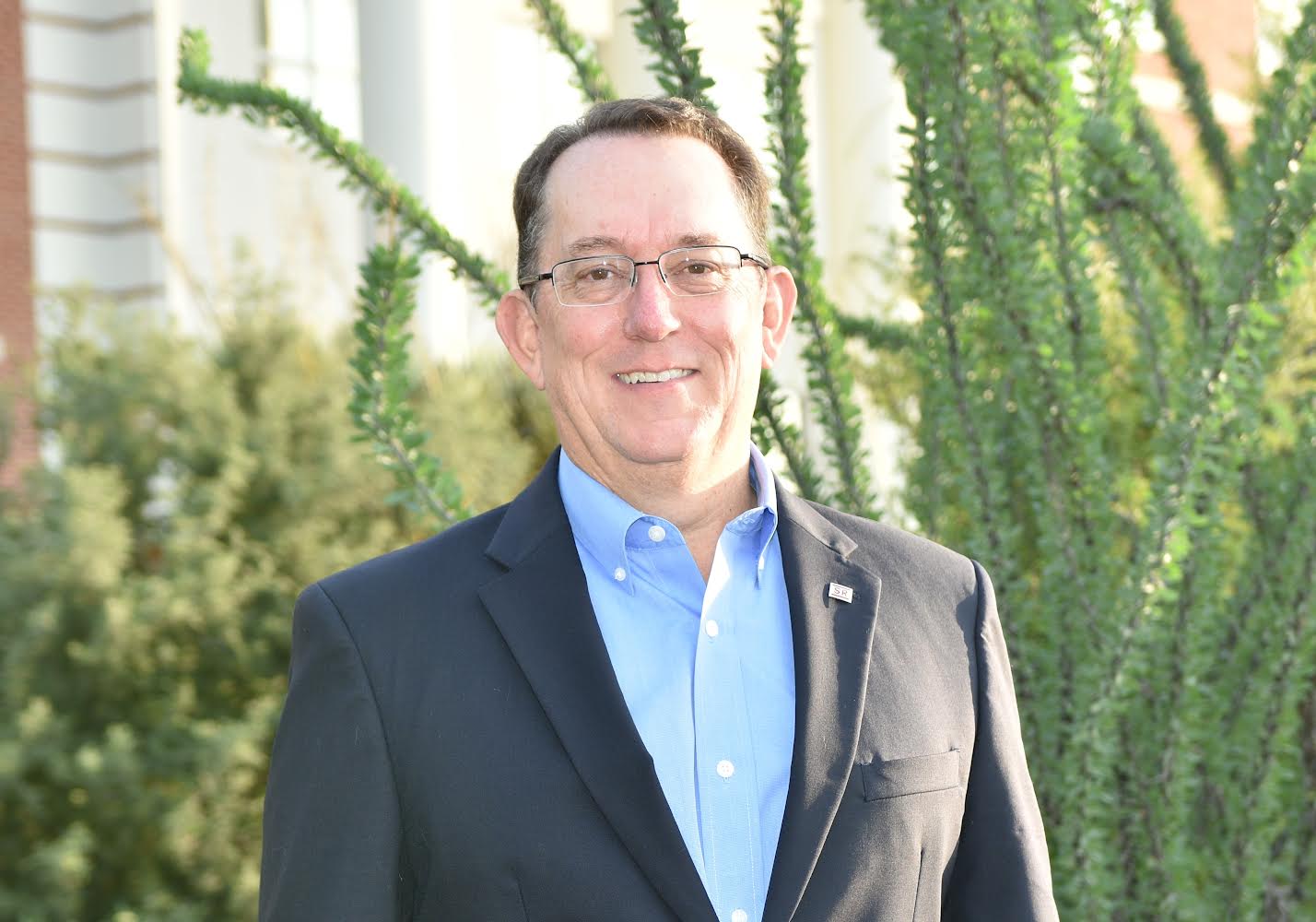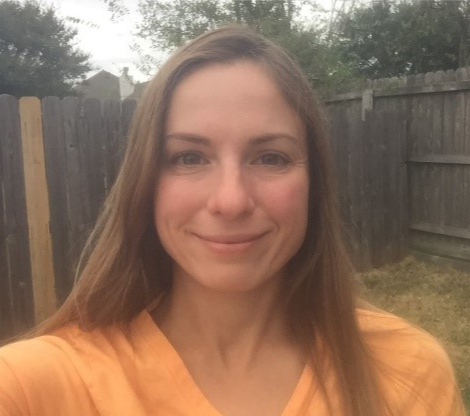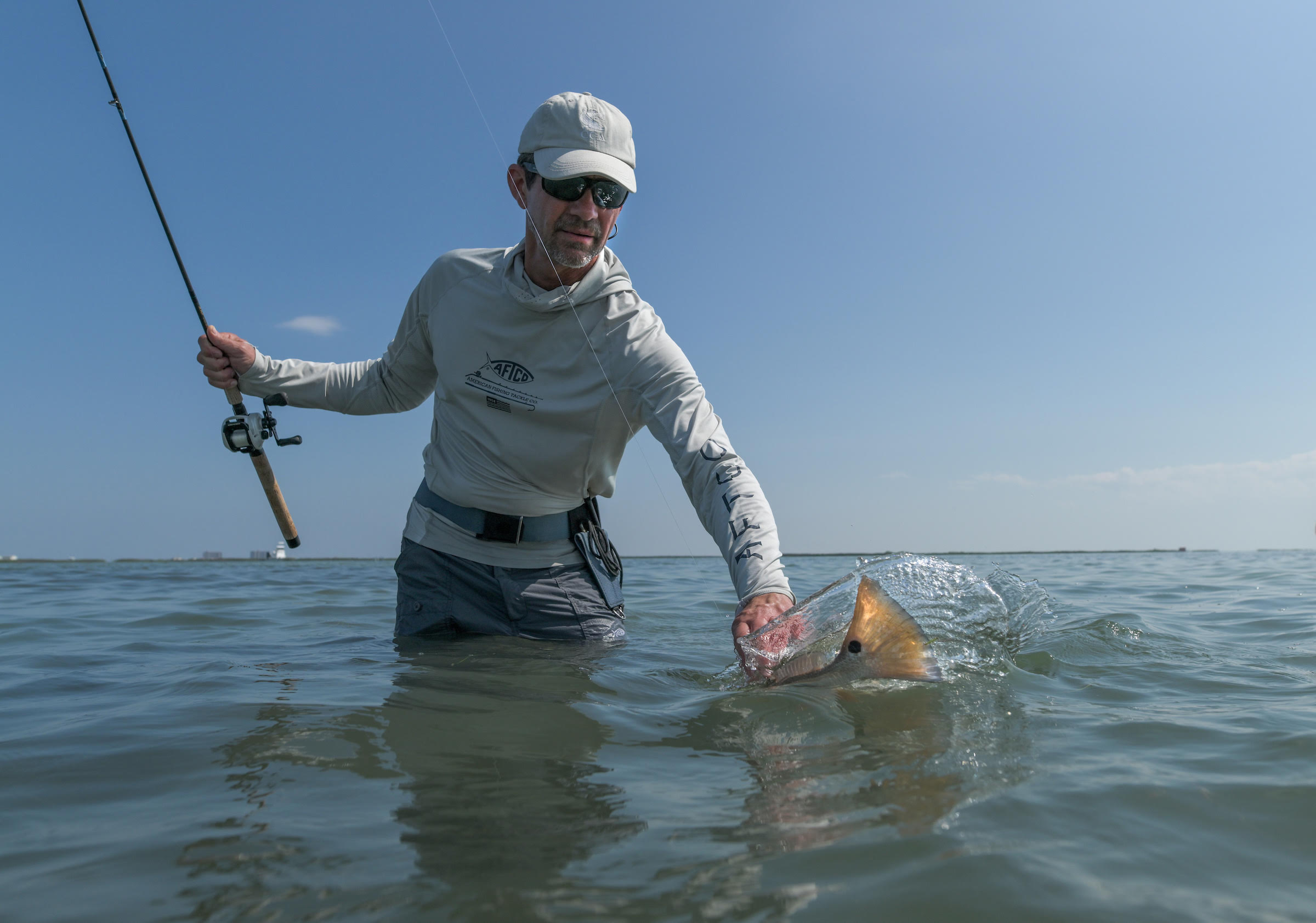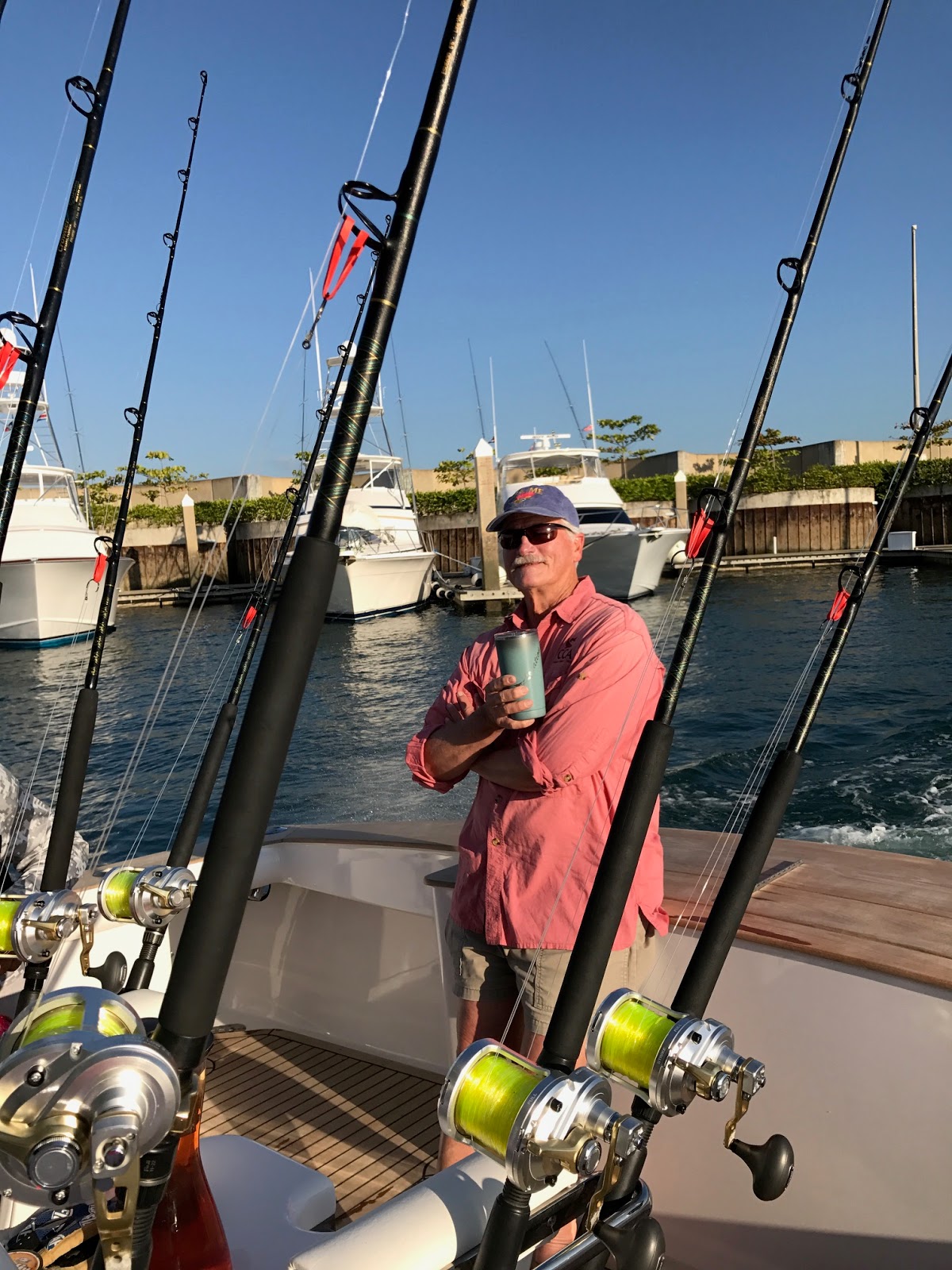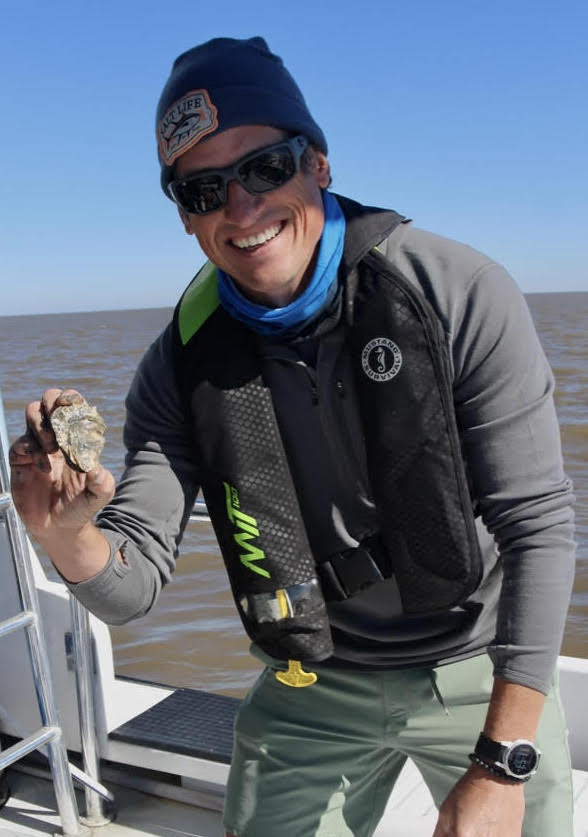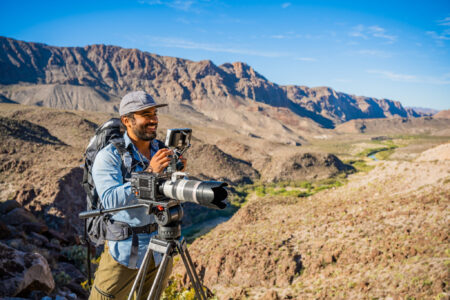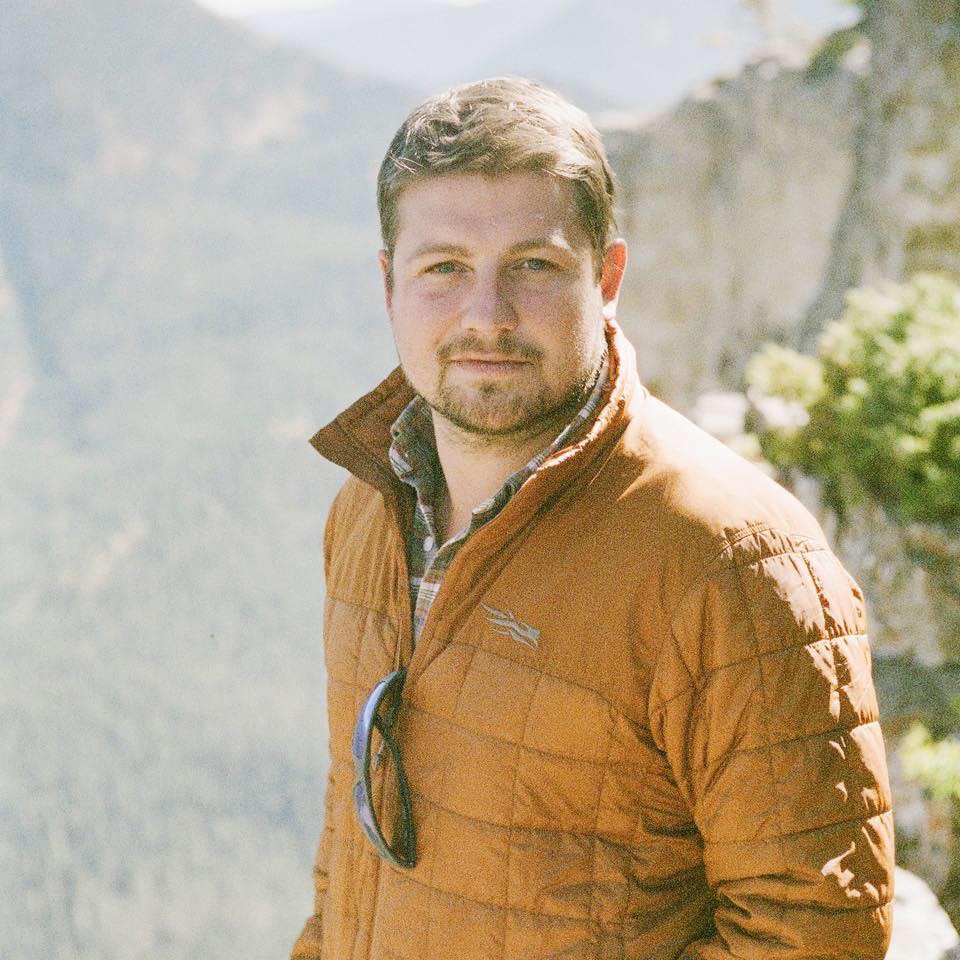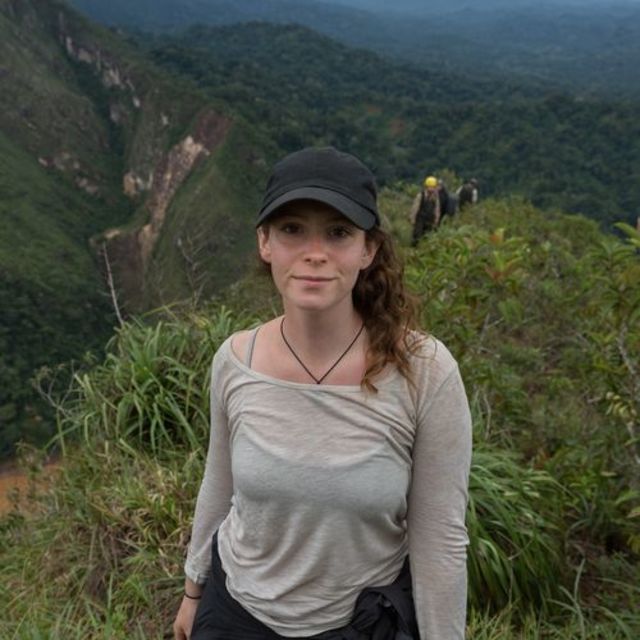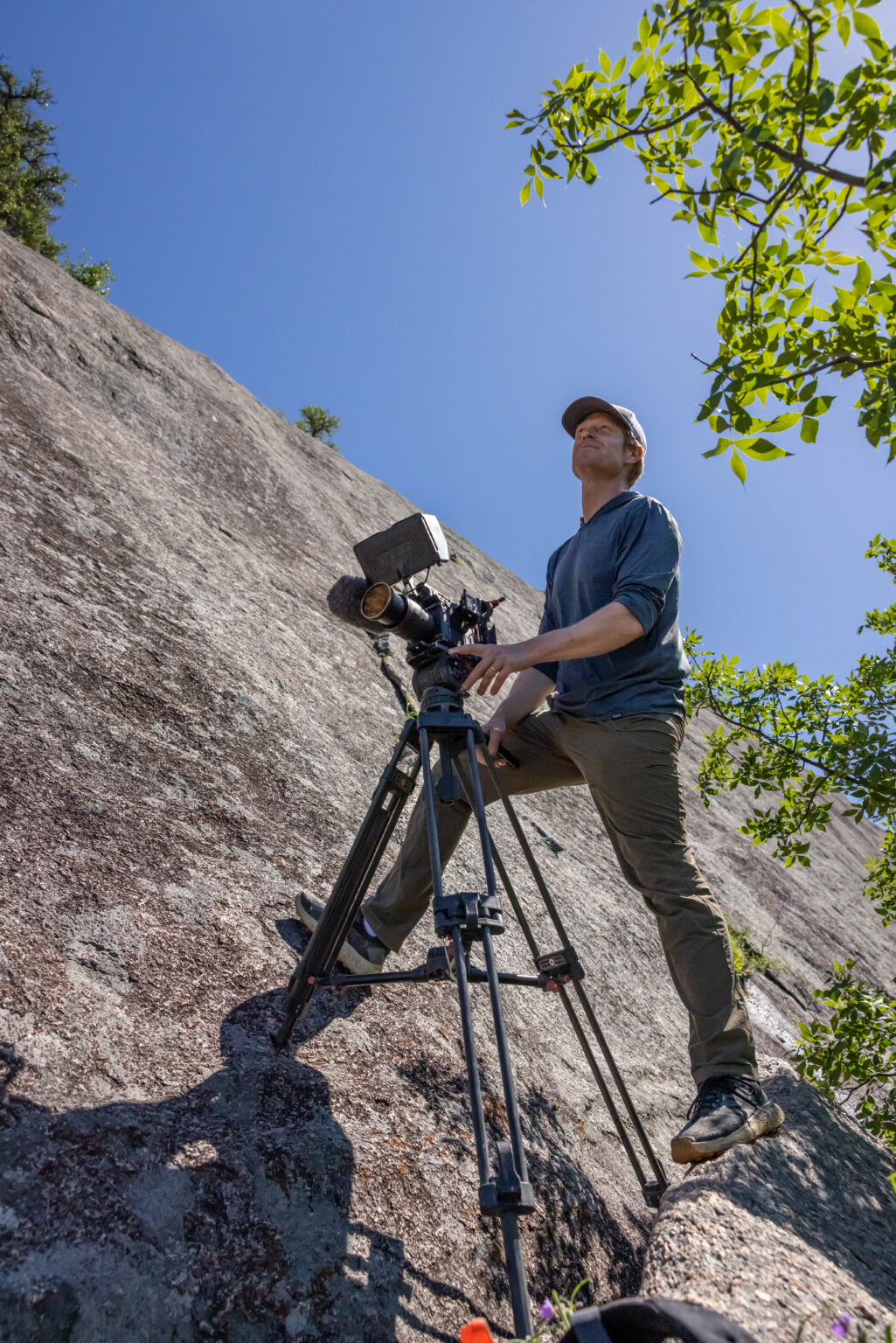H-E-B’s Our Texas, Our Future commitment commissions docuseries of five films from award-winning filmmakers
H-E-B has teamed up with award-winning filmmakers to release a series of documentary films that highlight stories of dedicated Texans and organizations conserving wildlife habitat, landscapes, and parks across the state.
In this five-film docuseries, H-E-B, through its Our Texas, Our Future commitment, brings attention to important work being done across the state to protect delicate wildlife habitats, threatened animal species, as well as showcase the wonder and splendor of the Texas outdoors. For the visual storytelling project, H-E-B worked with Austin-based Fin and Fur Films, an award-winning team led by director and founder Ben Masters, and features original music from the Austin-based band Shane Smith & The Saints and narration by Shane Smith.
“H-E-B has a deep commitment to support all Texans, and that includes helping to protect, conserve, and beautify our great state for people to enjoy now and for generations to come,” said Leslie Sweet, Managing Director of Sustainability & Environmental Affairs. “We’re excited to support these passionate filmmakers and their mission to tell important stories that we hope will inspire people to celebrate and protect the diverse habitats, unique wildlife, and beautiful landscapes across Texas.”
These five films, which will all be available to view starting on August 23 at ourtexasourfuture.com, will look at the creation and diversity of the Texas State Parks system as well as tell compelling stories from Texans working to preserve habitats for bats, black bears, ocelots, and redfish. The entire docuseries also can be viewed on the big screen with a free screening (with purchase of a food and drink voucher) at select Alamo Drafthouse locations in Texas on Monday, August 28. The following locations will show the docuseries (click the link in each theater location for ticket information):
Later this year, the films will be screened as part of the Alamo Drafthouse Rolling Roadshow, an immersive experience for more than 300 guests at Guadalupe River State Park on Nov. 4. More details about the Rolling Roadshow will be released closer to the screening date.
Films from the docuseries have been screened at prestigious film festivals across the nation, including Mountainfilm, International Wildlife Film Festival, and Hill Country Film Festival, and the film “Batsies” was named a finalist in the Jackson Wild Media Awards. H-E-B looks to enter all five films into more film festivals this year.
“I’ve always loved H-E-B, but I didn’t know about their level of commitment to wildlife and conservation until I had the opportunity to help create these short films about Texas bears, ocelots, redfish, bats, and state parks,” said Ben Masters, wildlife film maker. “It fills me with hope to see such a respected company support conservation initiatives statewide to help ensure that Texas always has the wildlife and wild places that we all love.”
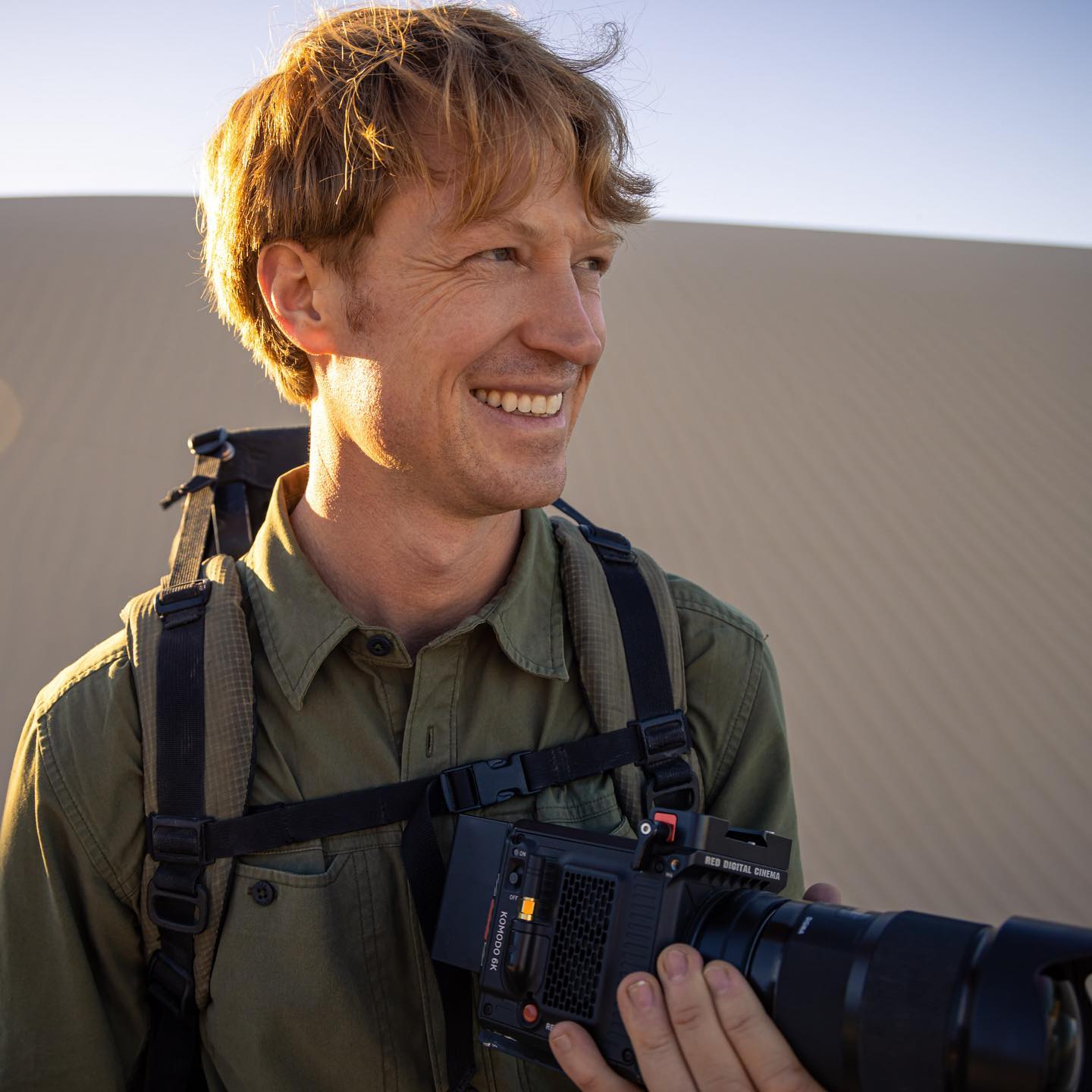
H-E-B Presents: an Our Texas, Our Future film series
Compelling sustainability education that focuses directly on wildlife in Texas.
A Century Celebration: Texas State Parks
What started as a six-acre donation by Isabella Neff is now a 1.5 million-acre, statewide system of Texas State Parks, open to the public. These nearly 90 parks allow Texans to connect with nature and each other, while helping preserve Texas’s natural beauty.
Batsies
Bats play a large, unseen role in Texas’ agricultural economy and food systems, both as pollinators and as free, natural pest control. Batsies follows passionate Texas State University wildlife biologists as they work against the clock to find a way to save the bats, while breaking barriers of their own.
Ranching with
Ocelots
Ocelots, the most endangered cats in the nation, are thriving on a working cattle ranch in the brush country of deep South Texas. With fewer than 120 remaining, the future of ocelots depends on Texan ranchers actively conserving the land needed for both ocelot habitation and cattle ranching.
Redfish Revival
Redfish Revival spotlights the fascinating history and remarkable recovery of wild redfish population in Texas. Thanks to advancements in sustainable aquaculture and the conservation work of a group of passionate Houston anglers, wild redfish have rebounded significantly.
Second Chance
Black bears were driven out of Texas in the early 1900s, but have been making an unprecedented, natural return to their historic habitat since the 1990s. Second Chance profiles the incredible black bear observation and research being done by the Borderlands Research Institute, conservationists, and West Texas ranchers.
H-E-B Presents:
an Our Texas,
Our Future film series
Compelling sustainability education that focuses directly on wildlife in Texas.
A Century Celebration:
Texas State Parks
What started as a six-acre donation by Isabella Neff is now a 1.5 million-acre, statewide system of Texas State Parks, open to the public. These nearly 90 parks allow Texans to connect with nature and each other, while helping preserve Texas’s natural beauty.
Batsies
Bats play a large, unseen role in Texas’ agricultural economy and food systems, both as pollinators and as free, natural pest control. Batsies follows passionate Texas State University wildlife biologists as they work against the clock to find a way to save the bats, while breaking barriers of their own.
Ranching with Ocelots
Ocelots, the most endangered cats in the nation, are thriving on a working cattle ranch in the brush country of deep South Texas. With fewer than 120 remaining, the future of ocelots depends on Texan ranchers actively conserving the land needed for both ocelot habitation and cattle ranching.
Redfish Revival
Redfish Revival spotlights the fascinating history and remarkable recovery of wild redfish population in Texas. Thanks to advancements in sustainable aquaculture and the conservation work of a group of passionate Houston anglers, wild redfish have rebounded significantly.
Second Chance
Black bears were driven out of Texas in the early 1900s, but have been making an unprecedented, natural return to their historic habitat since the 1990s. Second Chance profiles the incredible black bear observation and research being done by the Borderlands Research Institute, conservationists, and West Texas ranchers.
H-E-B Presents:
an Our Texas, Our Future film series
Compelling sustainability education that focuses directly on wildlife in Texas.
View series trailer
A Century Celebration: Texas State Parks
What started as a six-acre donation by Isabella Neff is now a 1.5 million-acre, statewide system of Texas State Parks, open to the public. These nearly 90 parks allow Texans to connect with nature and each other, while helping preserve Texas’s natural beauty.
Batsies
Bats play a large, unseen role in Texas’ agricultural economy and food systems, both as pollinators and as free, natural pest control. Batsies follows passionate Texas State University wildlife biologists as they work against the clock to find a way to save the bats, while breaking barriers of their own.
Ranching with Ocelots
Ocelots, the most endangered cats in the nation, are thriving on a working cattle ranch in the brush country of deep South Texas. With fewer than 120 remaining, the future of ocelots depends on Texan ranchers actively conserving the land needed for both ocelot habitation and cattle ranching.
Redfish Revival
Redfish Revival spotlights the fascinating history and remarkable recovery of wild redfish population in Texas. Thanks to advancements in sustainable aquaculture and the conservation work of a group of passionate Houston anglers, wild redfish have rebounded significantly.
Second Chance
Black bears were driven out of Texas in the early 1900s, but have been making an unprecedented, natural return to their historic habitat since the 1990s. Second Chance profiles the incredible black bear observation and research being done by the Borderlands Research Institute, conservationists, and West Texas ranchers.
Since 2012, H-E-B has given more than $20 million to over 500 environmental organizations in land and water conservation, habitat and coastal preservation, and community cleanups. Additionally, Field & Future by H-E-B products support Texas Parks and Wildlife Foundation in efforts such as coastal conservation along the Texas Gulf Coast, black bear restoration in West Texas, and the establishment of Palo Pinto Mountains State Park, the first new state park to be opened in North Texas in 25 years. As the presenting sponsor for the Texas Parks centennial celebration, H-E-B also made a $1 million donation to support programming aimed to engage all Texans in discovering and enjoying the nearly 90 state parks in Texas.
Throughout the year, H-E-B supports several nonprofits working to help conserve wildlife habitats in Texas such as the committed nonprofits associated with the docuseries films, which include Caesar Kleberg Wildlife Research Institute, Bat Conservation International, Austin Bat Refuge, Borderlands Research Institute, Coastal Conservation Association, Galveston Bay Foundation, Harte Research Institute for Gulf of Mexico Studies, and the Texas Parks and Wildlife Foundation.
The documentary series is part of the retailer’s ongoing sustainability pledge to reduce its impact on the environment through waste diversion efforts along with several other programs to help conserve and protect our great state, now and for generations to come. Through the company’s Our Texas, Our Future commitment, H-E-B’s mission is to increase awareness and education around sustainability efforts that help preserve land, water, and air in Texas.
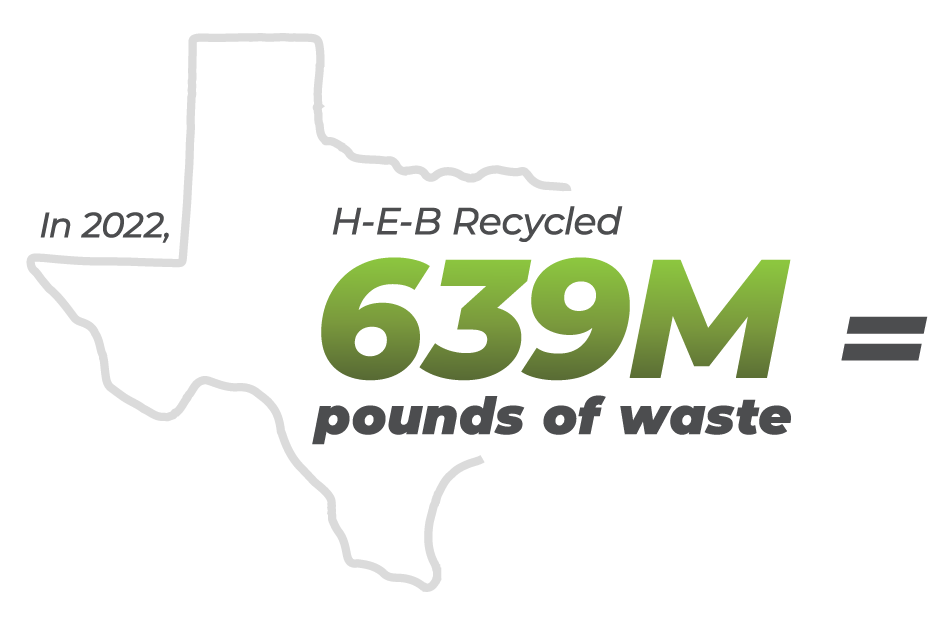
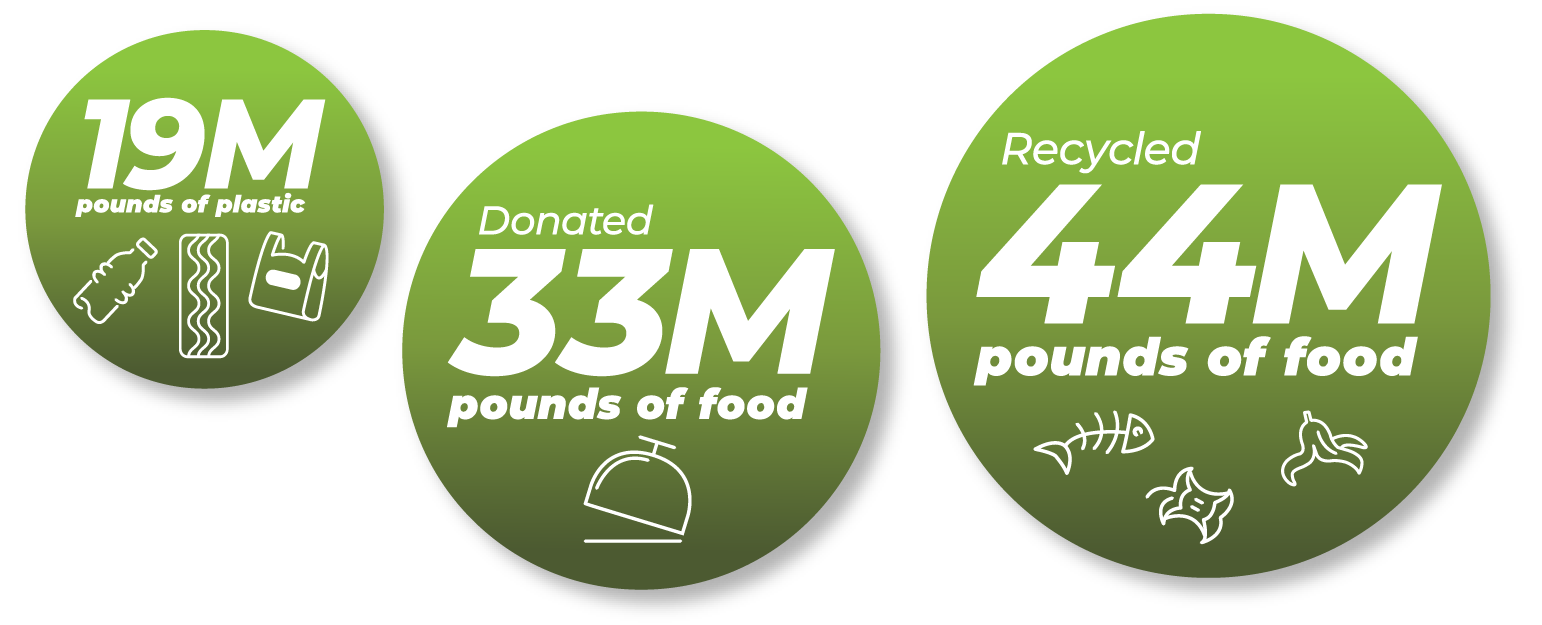

H-E-B also has rolled out a product line and joined a product labeling program to support customers in their sustainability and recycling practices. H-E-B is part of How2Recycle, a program that places clear, easy-to-read labels on products to let customers know if the packaging can be recycled, which parts are recyclable, and importantly, how to prepare material for recycling to reduce contamination. Field & Future by H-E-B is an environmentally minded brand of household, personal care and baby products designed to be clean and green.
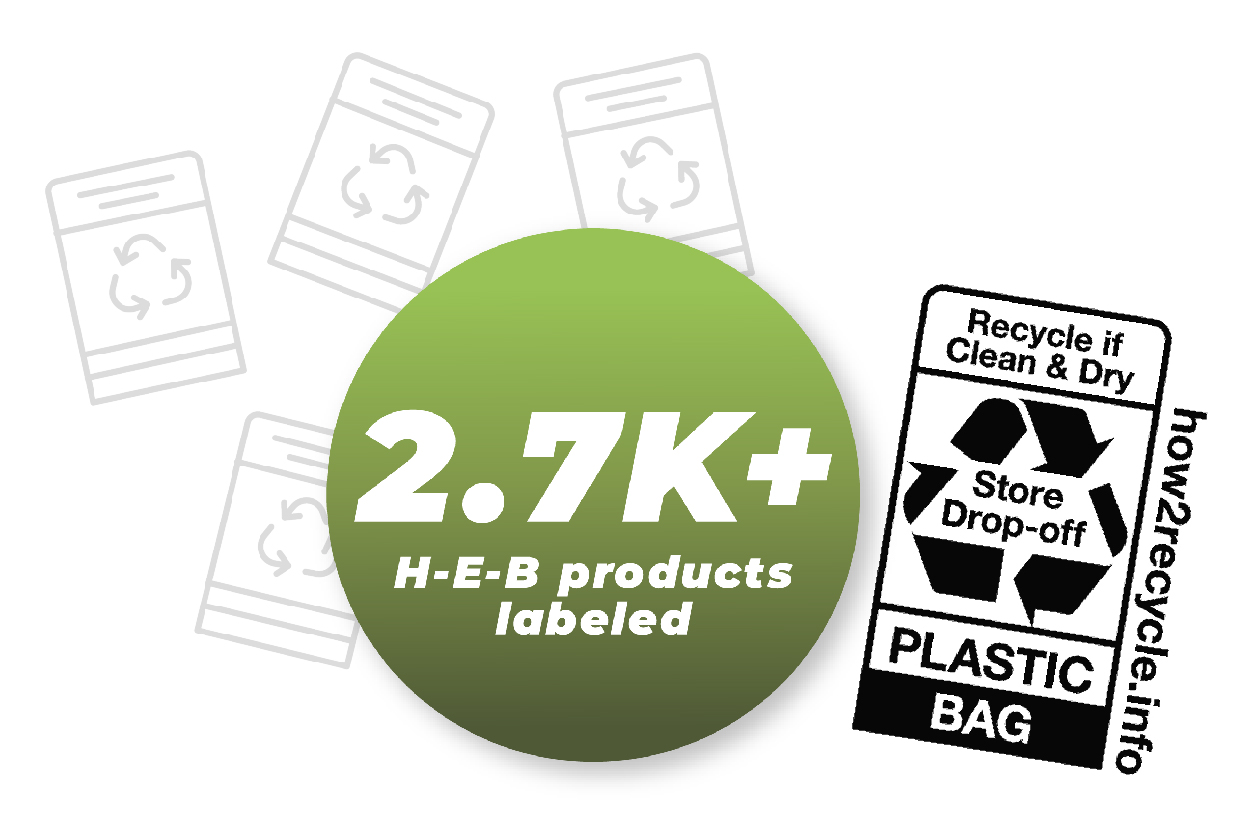



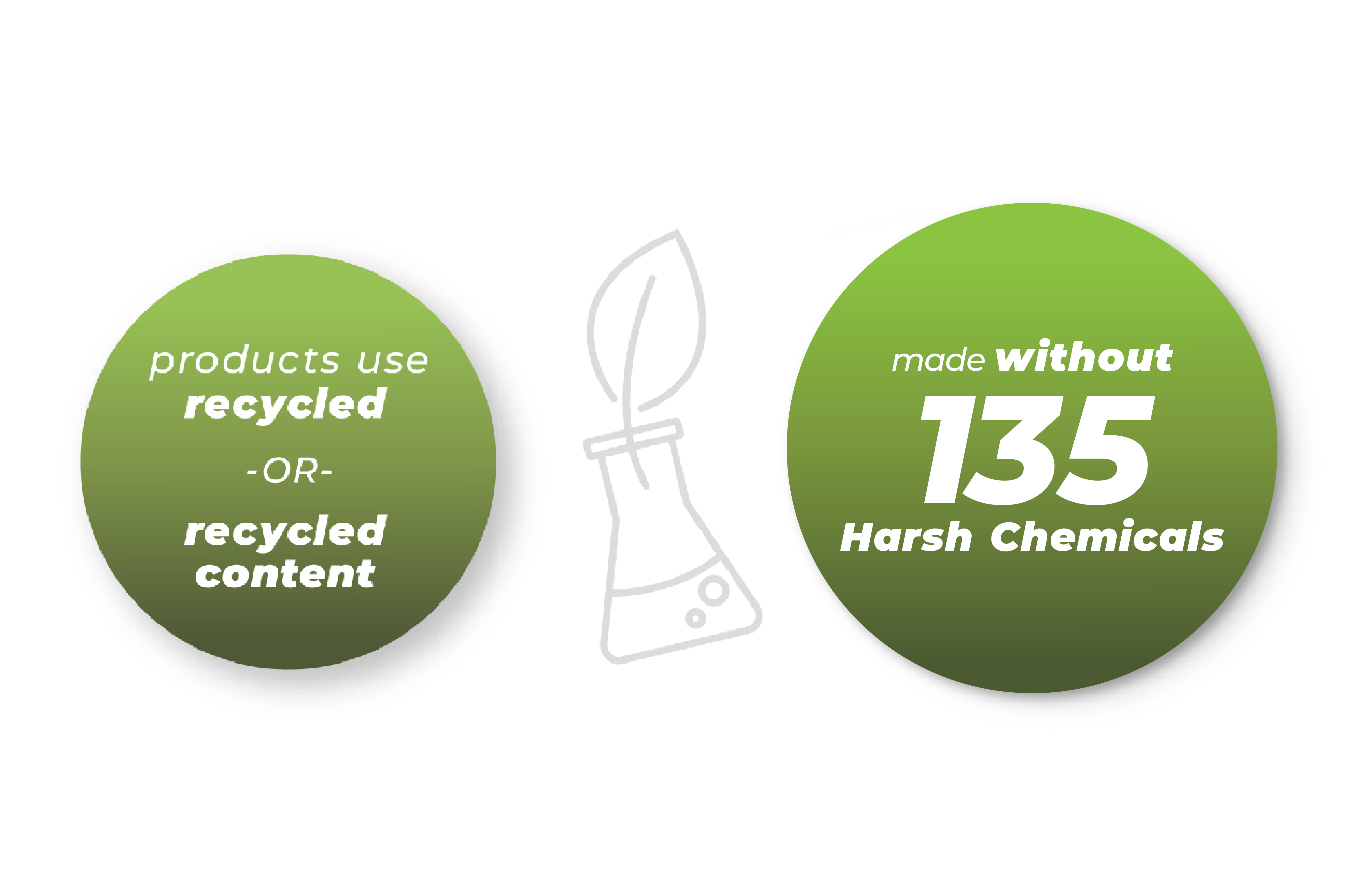
The How2Recycle labels are already on more than 2,700 H-E-B branded items. Field & Future products, which include bath tissue, body wash and diapers, are made with recycled or recyclable content, biodegradable formulas or plant-based ingredients, and without over 135 harsh chemicals. Currently, H-E-B carries 120 Field & Future by H-E-B products and continues to grow the brand’s product line. From the plastic collected from H-E-B stores and facilities, H-E-B makes products such as Field & Future by H-E-B trash bags and bags for recyclables, which are made from up to 65 percent and 30 percent post-consumer recycled plastic, respectively.
In support of community recycling efforts, H-E-B, in partnership with Keep Texas Beautiful, has selected six projects across the state, which will benefit from the 2023 H-E-B Community Recycling Grants. These grants support projects that focus on increasing access to recycling by funding infrastructure improvements, material resources, and access to educational recycling materials. Grant funds totaling $157,000 will fund projects in Pharr, Ingleside, Cuero, Texas City, Burleson County, and San Angelo, improving recycling access for nearly 350,000 Texans.

